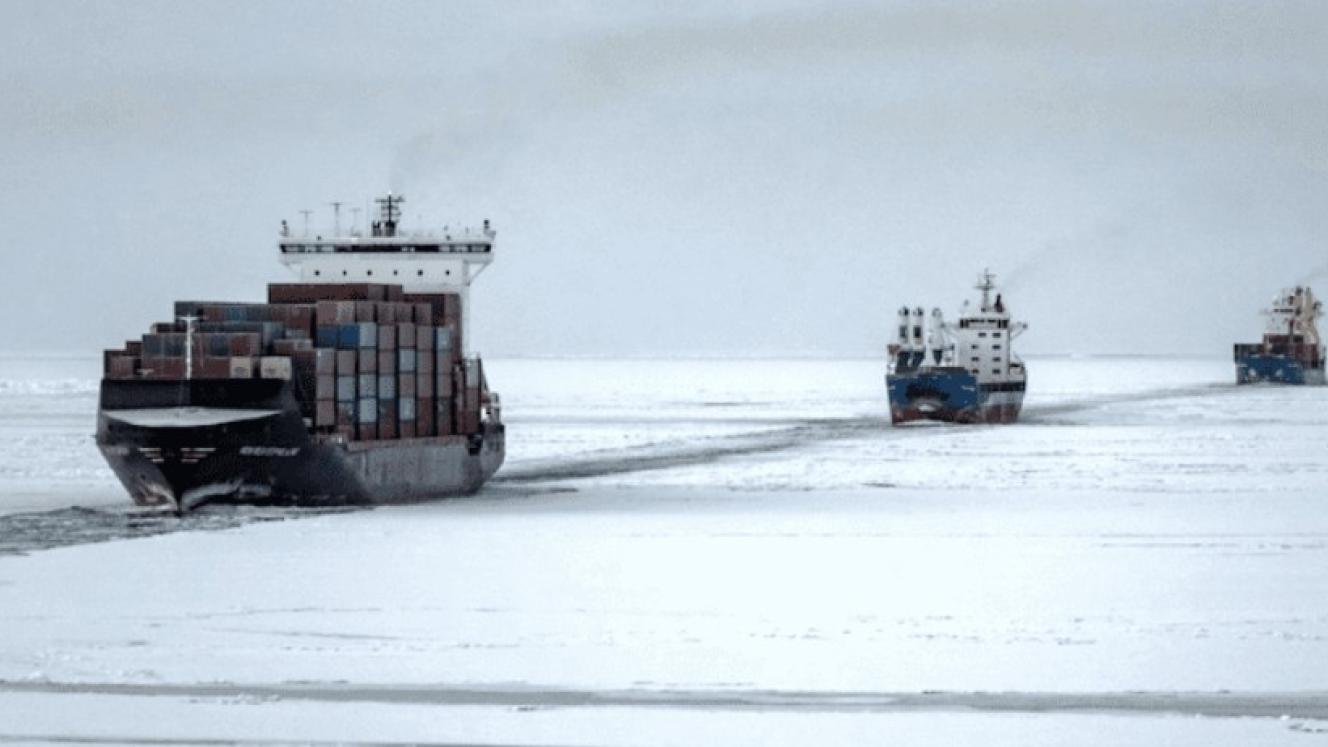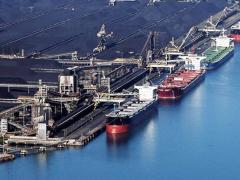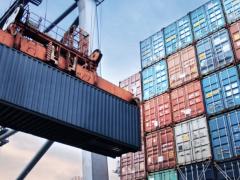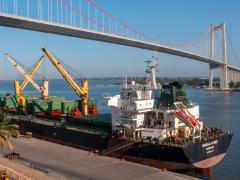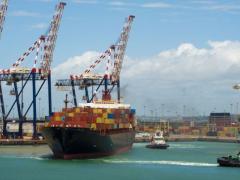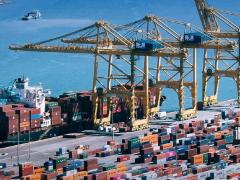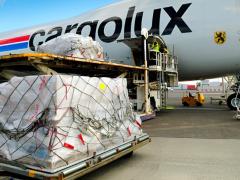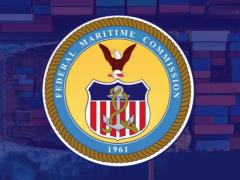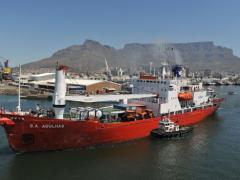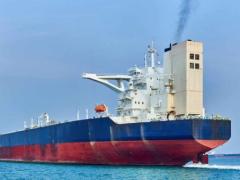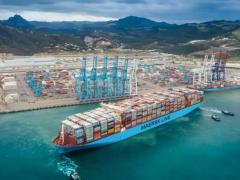Busan-based state-backed maritime finance agency, the Korea Ocean Business Corporation (KOBC), has unveiled plans to establish a dedicated fund aimed at developing maritime newbuild opportunities for Arctic shipping.
The broader strategy is to reinvigorate South Korea’s maritime industry, company president Lee Jae-myung has said.
Underscoring the growing strategic importance of Arctic sea routes, he said the anticipated increase in polar shipping activity would drive demand for specialised vessels, particularly icebreakers – a segment in which South Korean shipbuilders hold strong technological capabilities.
The gradual retreat of the sea ice due to climate change has rendered northern maritime passages more navigable throughout the year, creating new commercial shipping lanes between Asia and Europe.
These developments have prompted a surge in global interest and investment in Arctic maritime infrastructure, with countries such as Russia, China, and Norway already expanding their presence in the region.
South Korea, one of the world’s leading shipbuilding nations, is seeking to position itself as a key player in this evolving market. The KOBC fund is expected to support research and development, construction of ice-class vessels, and logistical infrastructure for Arctic navigation. It will also provide financial backing for shipping companies looking to expand their operations into northern waters.
Lee said there was a need for early investment and preparedness, highlighting that control over Arctic logistics and ship technology could offer a competitive advantage in future global trade. Analysts suggest that the move could create new growth avenues for South Korea’s embattled shipbuilding industry, which has faced stiff competition from China in recent years.
The KOBC fund complements a series of government initiatives aimed at strengthening the country's maritime competitiveness, including investment in green shipping technologies and the digitalisation of logistics operations. Industry observers believe that South Korea’s proactive engagement in Arctic development could secure long-term strategic benefits, particularly as climate-driven shifts in global shipping patterns accelerate.
